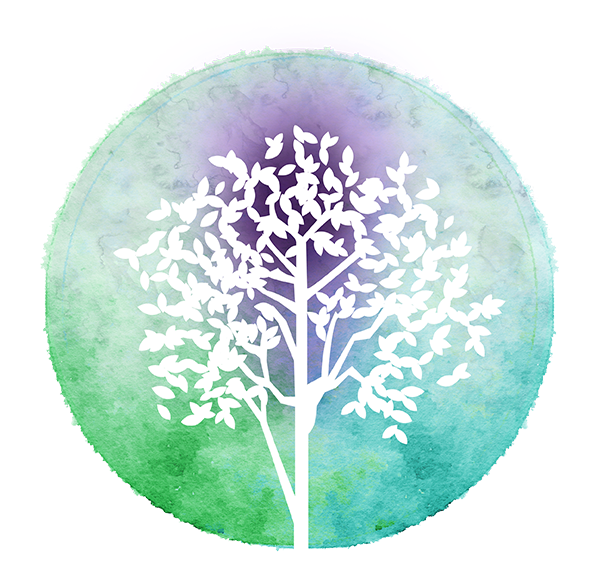BE part of Be Well Be Here’s Spring FundSharing event
BEtreat to Share and Care
On Saturday, April 30 between 9:00 - 10:30 am,
join us at the BWBH BEtreat space to:
Walk in nature as a mindful practice that honors ALL on earth and enhances wellBeing
Gather in the beautiful Fresh Air Studio for mindful meditation
Write caring letters that will be translated and sent to those who suffer as a result of the crisis in Ukraine
Prefer to help from home? We thank you! DONATIONS to BWBH during the month of May not only help expand our mindful wellness educational programming, but also will be shared 50/50 with the International Rescue Committee (IRC), a celebrated NGO that directly helps people affected by humanitarian crises—including the climate crisis—to survive, recover and rebuild their lives. The IRC is on the ground in Poland listening to Ukranians with compassion, and getting essential supplies and care to 4.5 million refugees as well as 7 million displaced families.
REGISTRATION for the in-person BEtreat required as space is limited.
Your $88 fee includes the nature walk, mindful meditation, all letter writing materials plus postage and a shared donation to the IRC.
Must be fully-vaccinated and symptom-free to participate in-person.
BWBH BEtreat Space details will be included in your registration confirmation.
Join Be Well Be Here to ignite our interconnectedness!
ABOUT THE IRC: Founded at the call of Albert Einstein in 1933, the International Rescue Committee (IRC) is now at work in over 40 crisis-affected countries as well as communities throughout Europe and the Americas. We deliver lasting impact by providing health care, helping children learn, and empowering individuals and communities to become self-reliant, always seeking to address the inequalities facing women and girls.
In Ukraine, the IRC works with local partners to provide emergency assistance to people displaced from their homes. Our response includes:
Supporting evacuation efforts for women and children
Delivering groceries, blankets, warm clothes and stoves
Cash assistance
Providing information about housing, employment and refugee rights
Offering psychological care through a dedicated hotline
We are on the ground in Poland, working through partners to provide support to refugees, families hosting refugees, and government refugee reception centers on the Poland/Ukraine border. Our response includes:
Providing psychosocial support and translation services
Offering legal assistance and specialized support for women through a dedicated hotline
Supplying medical equipment and other support to health teams operating at border crossing points and in refugee reception centers
Providing blankets, sleeping bags and other essentials.
Setting up cash assistance programs.
How does the IRC decide to respond to an emergency?
When an emergency strikes, we aim to answer two key questions: first, how severe is the crisis? And second, should the IRC respond? Our emergency team uses concrete data to make that decision.
To understand the severity of a crisis, we look at the available information, such as the number of people killed, the number injured, the number displaced from their homes, and the number affected in other ways. Then we look at the resources the community affected by crisis already has, such as support from the government or local organizations, and determine if the IRC’s expertise and resources are needed.
“If we’re on our game, it takes less than one-half hour to make a decision to go into a completely new country,” said IRC director of emergencies Bob Kitchen in a 2018 episode of the IRC podcast Displaced.
How does the IRC decide what aid to provide?
We ask the people who are directly impacted by the crisis. They are the most important experts. Our emergency response won’t be successful unless we listen to them and understand exactly what they need.
What do refugees from Ukraine need after they’ve arrived in Poland?
The IRC just finished a needs assessment to look at where we would be most useful in the next phase of the response, interviewing 520 people who had fled the conflict. Ninety-three percent of the respondents were women.
The number one thing people said they needed was a job. They also said shelter was a top concern and they need access to cash, they need to support themselves. Education was also a major need, with many families wanting their children to continue remote learning.
The majority of the first wave of refugees coming in had resources and contacts in Poland and neighboring countries and so they were absorbed into the local communities. Many of the people coming now don’t have those resources or contacts.
- from the IRC website, https://www.rescue.org/




